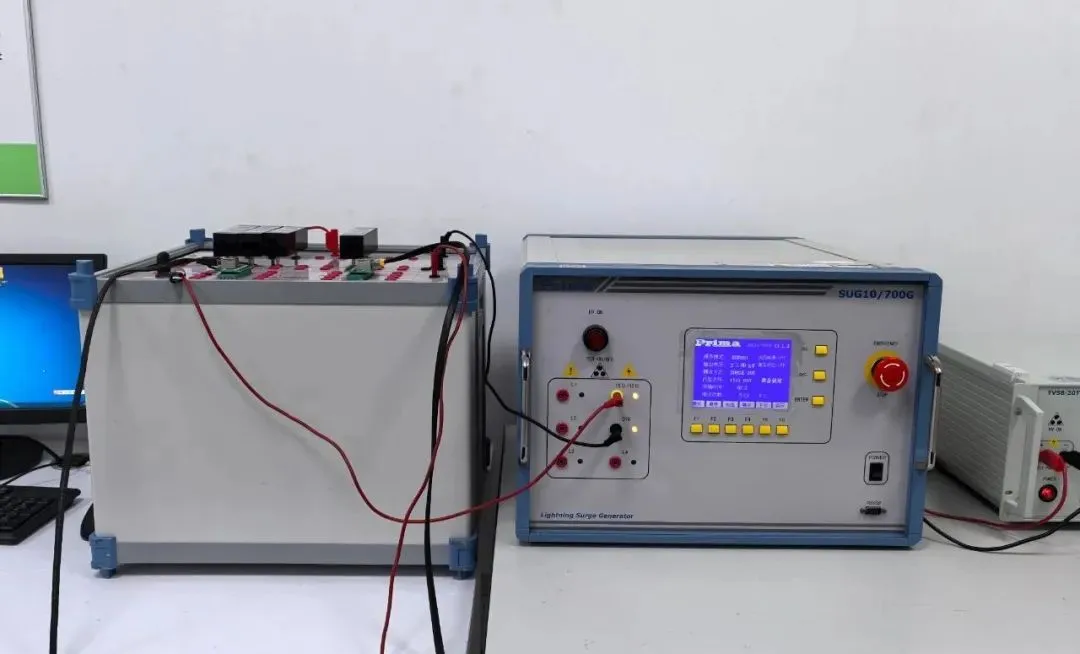
Compliance Testing for Baby Carriers and Hip Seats
China JJR Laboratory provides testing services for baby carriers and hip seats, holding CNAS and CMA accREDitations. JJR offers testing services for the design, raw materials, physical and mechanical properties, flammability, heavy metals, formaldehyde, azo compounds, and other aspects of baby carriers and hip seats. These services provide essential technical support for the design, import, and export of baby carrier and hip seat products.
Service Background
Baby carriers are products made of textiles or other accessories, worn on the adULt’s torso to carry infants.
Hip seats are products made of textiles, accessories, and a core seat, worn on the adult’s torso to support infants.
The high-risk points of these products mainly include finger and limb entrapment hazards, insufficient product strength leading to fall risks, small parts posing choking hazards, strangulation risks, and cheMICal hazards.
Service Scope
We currently conduct testing for baby carriers in Europe, the United States, and China, as well as hip seat products in China.
Testing Standards
- Europe: EN 13209-1 (framed carriers), EN 13209-2 / S EN13209-2 (soft baby carriers)
- United States: ASTM F2236 / 16 CFR 1226 (soft infant carriers), ASTM F2907 / 16 CFR 1228 (sling carriers)
- China: GB/T 23159-2008 (import and export infant walking harnesses), GB/T 35448 (infant walking harnesses), GB/T 35270-2017 (infant carriers), GB/T 40227-2021 (infant hip seats)
Testing Items
Physical and mechanical properties, flammability, heavy metals, formaldehyde, azo compounds, migration of specific elements (19E), total lead, nickel release, phthalates, odors, etc.
China JJR Laboratory has extensive experience in testing children’s chairs, cribs, strollers, baby carriers, baby bottles, tableware, and other infant and child products. JJR stays up-to-date with domestic and international standards and regulatory changes for infant and child products, helping manufacturers and clients minimize risks and meet the quality and safety requirements of markets worldwide.
Email:hello@jjrlab.com
Write your message here and send it to us
 What is the EN 61326-2-3 Standard?
What is the EN 61326-2-3 Standard?
 Why Do Smart Sockets Need IEC 60884 Certification?
Why Do Smart Sockets Need IEC 60884 Certification?
 Why Retest the Device if the 5G Module Already Has
Why Retest the Device if the 5G Module Already Has
 Overview of IEC 62087 Test Standard
Overview of IEC 62087 Test Standard
 CISPR 25 Test Standard Compliance Guide
CISPR 25 Test Standard Compliance Guide
 IEC/UL/CSA 62368-1 Electrical Distance Testing
IEC/UL/CSA 62368-1 Electrical Distance Testing
 Canada Wireless Device IC Certification RSS-210 Te
Canada Wireless Device IC Certification RSS-210 Te
 FCC Part 15.231 for Wireless Remote Controls and S
FCC Part 15.231 for Wireless Remote Controls and S
Leave us a message
24-hour online customer service at any time to respond, so that you worry!




